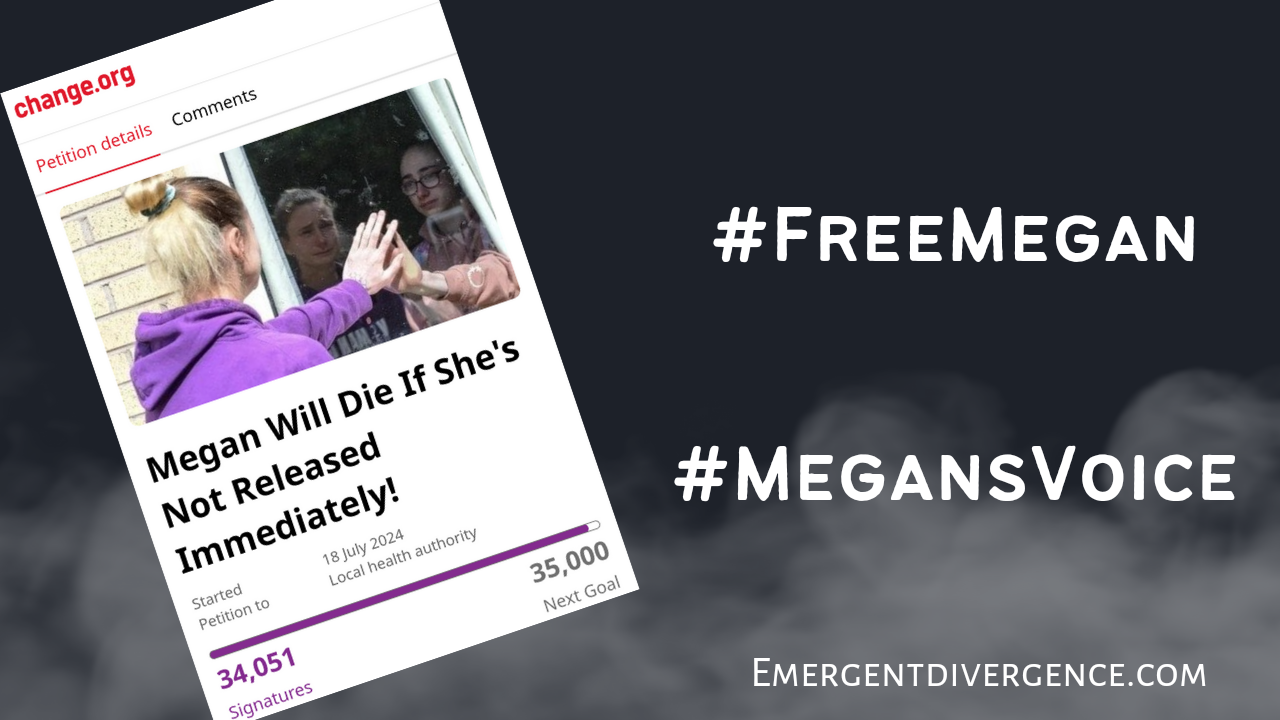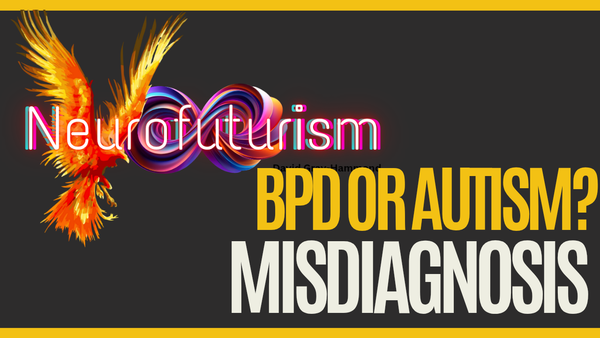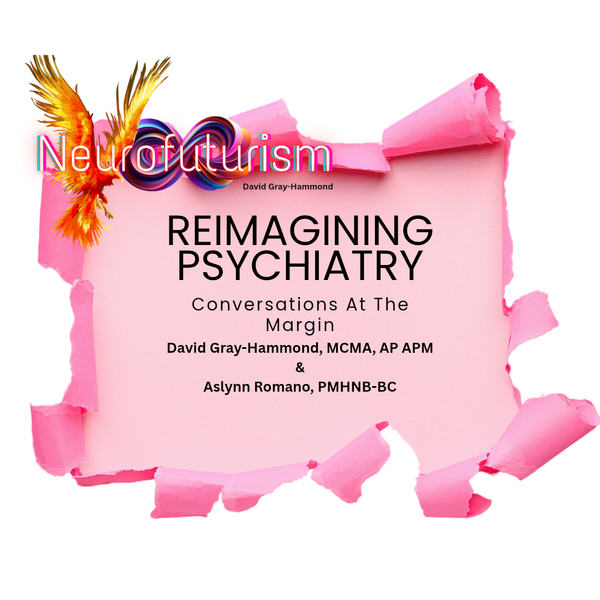How are CAMHS failures relevant to the case of Megan Docherty?

If you have been active in the UK neurodiversity movement recently, you may well have seen the name Megan Docherty. Megan is an 18 year old Autistic and learning disabled woman in Scotland. She was forcibly removed from her home and placed under section at the William Fraser Centre, which is part of NHS Lothian. Megan's case highlights the systemic violence that disabled people face, as well as the culture of parent blame that exists within our institutions. While I am unable to specifically comment on CAMHS (Child and Adolescent Mental Health Services) involvement in Megan's life, it is reasonable to assume they may have been involved at one point or another.
Megan and her mother have experienced physical, emotional, and psychological abuse at the hands of professionals. The issue is still ongoing, and it is vital we fight for Megan's freedom. However, there is a further point to this situation that I believe needs to be raised. Could a service like CAMHS have mitigated the harm now being done to Megan?
What role could CAMHS have taken in Megan Docherty's life?
CAMHS have a specific remit of supporting the mental health of children and young people. When most people think of mental health, they consider diagnosable conditions like depression and anxiety. In truth, mental health is a complex intersection of multiple things that impact quality of life. In my previous article about Megan, I discussed that she experiences significant sensory issues. These sensory issues are a significant driving force in the development of ARFID (Avoidant Restrictive Food Intake Disorder).
CAMHS have the opportunity to get Autistic young people access to services that can help with things like sensory issues. Sadly, they more often than not refuse to engage with Autistic service users. Megan's case is a good example of the awful things that can happen when services fail Autistic people.
Services should be a powerful advocate for young people needs and rights. Sadly, when they fail to do this, it is often the parents and carers who are blamed for the fallout of these systemic failures. Megan was failed as a young person, and her mother was the one who was blamed. This highlights that had a service like CAMHS done their job properly, Megan would not be being abused in an inpatient setting currently.
How Typical Is Megan's Case In CAMHS Outcomes?
Despite having specialised Tier 3 eating disorder services and similar, a significant portion of CAMHS patients find themselves in Tier 4 inpatient services. In fact the Care Quality Commission indicate that a third of young people in Tier 4 services have been detained under the Mental Health Act. The same piece of legislation that has been used to detain Megan Docherty.
While it shouldn't be necessary, Autistic young people are being detained in units at a far higher rate than their non-Autistic peers. Let us not forget that we are still in the shadow of the Assessment and Treatment Unit (ATU) Scandal. We should also not forget that abuse has been demonstrated previously in these settings, including Winterbourne View.
Unfortunately, finding statistics on cases such as Megan's is incredibly difficult, but I would posit that Megan is the visible result of a system that is doing this time and again. If we fail to respond and fight for Megan, we are not only complicit in her abuse, we are complicit in the systematic denial of rights for Autistic and learning disabled people everywhere in the UK.
Closing Thoughts
Megan deserves freedom and care. What she is receiving is psychological and physical mistreatment. By fighting for Megan we not only protect her right to life, we protect every Autistic person under this system. I can not, and will not, sit silently while Megan, my neurokin, is obscured from the freedom and happiness she deserves. We must fight back, we must protect our neurokin. Megan could be any one of us. None of us a safe while one of us is being oppressed. I am Megan, we are Megan.


